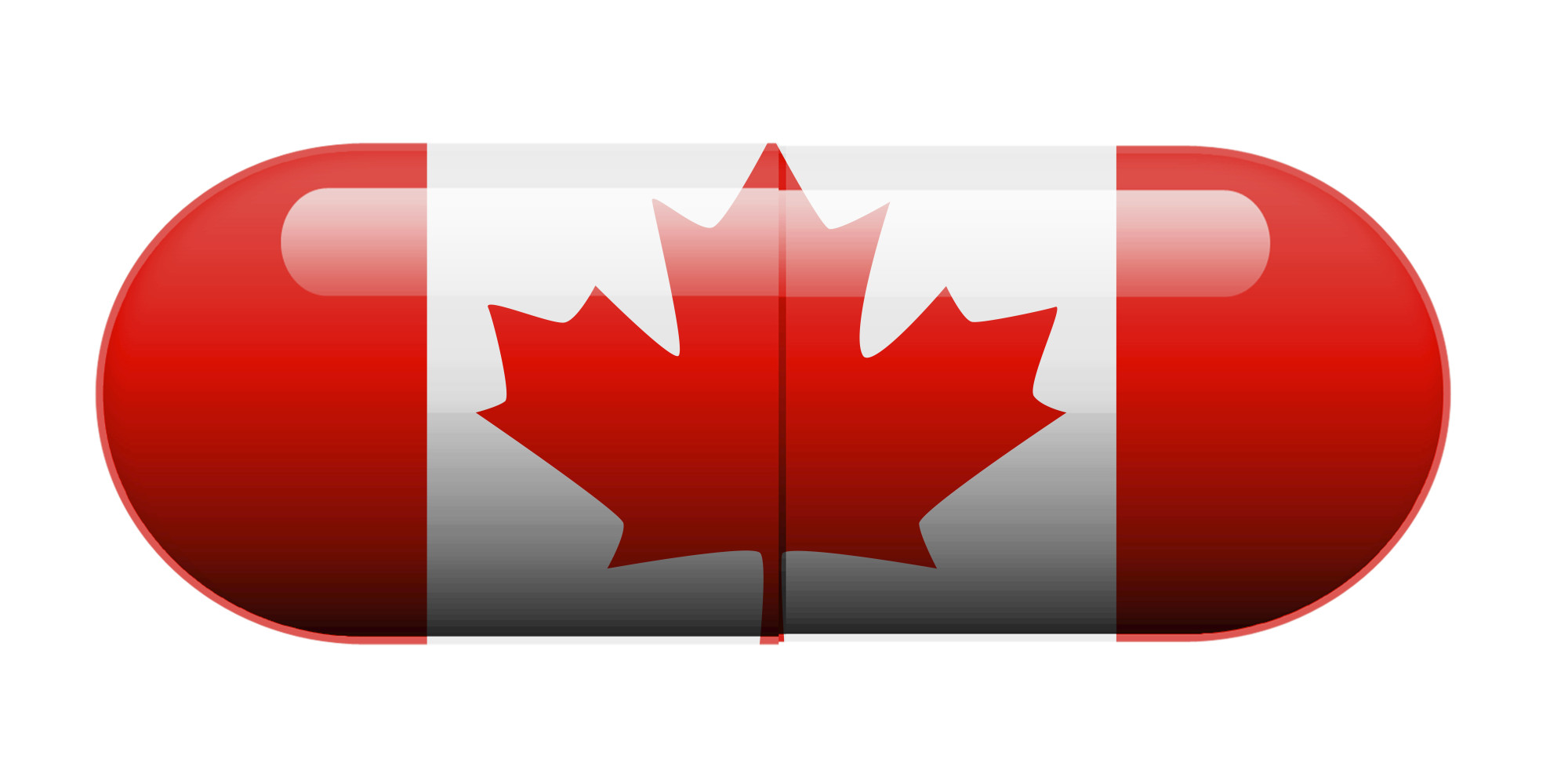- Back to Posts
- Don't forget to follow me on Twitter!
- Follow @nstclair13
VFX in Vancouver: Healthcare

Ahhh healthcare. One of the most significant differences between the United States and Canada. As most of you reading this probably already knows, it’s done a lot differently up in Canada. There are many similarities and differences, plus some common misconceptions I think are worth discussing. In reality, it’s an important topic and can be a big consideration if thinking of relocating. This post is mostly for US Residents coming up North and may not cover all topics MSP related.
So let’s dive in, yeah?
Overview
First and foremost, healthcare in Canada is a universal healthcare system. That means that there’s only one place you get insurance from - the Government- and everyone is eligible with the same premium costs per month, per person. This is a stark contrast to the United States where it is a privitized business with many, many insurers and options.
In British Columbia specifically, healthcare is also known as MSP or Medical Services Plan. One thing to note is that MSP does not cover all aspects of your health. Just like in the State, Dental, Vision, and other specialty type of stuff is not covered. That said, it’s a really important and a great idea to get a supplemental plan that covers all the things not covered by MSP. Companies like Manulife offer great plans that are pretty comprehensive and affordable. It should also be noted that MSP does NOT cover much, if anything, when traveling outside of Canada - so if you are going back and forth between the States and Canada often, it’s worth picking up additional coverage that has a travel component. If you are lucky, the company you work for will offer something along these lines.
Eligibility
Eligibility for healthcare in Canada is vastly different than the States. The main requirements in BC are you need to live here. Ok, it’s a bit more than that but it doesn’t have a million loopholes and technicailities like most Insurances in the States do.
In order to obtain MSP coverage, you need to have these requirements:
- must be a citizen of Canada or be lawfully admitted to Canada for permanent residence;
- must make his or her home in B.C.; and
- must be physically present in B.C. at least six months in a calendar year, or a shorter prescribed period.*
*Eligible B.C. residents (citizens of Canada or persons who are lawfully admitted to Canada for permanent residence) who are outside B.C. for vacation purposes only, are allowed a total absence of up to seven months in a calendar year.
A more detailed description, including where the above was taken from, can be read here Like any medical plan, you must apply and sign up for coverage and wait for your BC CareCard - it doesn’t just automatically happen based on becoming a resident (Duh?)
Cost
This is where the biggest differences between the States and Canada come in. The Premium Cost in Vancouver/BC is incredibly, incredibly cheap versus any insurance plan I have seen in the States. At the time of this post, it costs roughly $75 a MONTH to cover someone who makes over $42,000 a year. The actual cost varies based on your income, age, and family size but for the average single person it’s the above stated amount. Yes, that’s right, contrary to what most Americans think Healthcare in Canada is NOT FREE. That said, it is much more affordable even with the slightly higher taxes you pay here.
Additional Thoughts & Information
As someone who has experienced the clusterf*** that is the United State healthcare system, coming to Canada and seeing how well their system works is a breath of fresh air. Literally - it’s super clean up here. Sorry, tangent.
The overall health cover here in BC, and Canada in general, works fantastically well. It’s streamlined and just makes sense to the average person. There are health clinics littered all throughout the province that you can make appointments ahead of time at or just drop in, see a doctor, and leave. No worrying about co-pays or if a specific Doctor is in network or out of network or any of that garbage. Sure, sometimes the procedure or things that happen may not be covered by MSP but that is almost always told to you ahead of time and allows you to get an idea of the cost and if your supplimentary coverage will cover it. In a medical emergency? You’ll be admitted very quickly and won’t come out with a $10,000+ bill at the end of it. Perscription drugs are very cheap here as well, plus the government has a supplimentary program called PharmaCare that can help cover the costs of certain medications.
It’s not a perfect system by any means; seeing specialists can take awhile, depending where you live there may be long waits to see a doctor, - but in the end, not having to worry about healthcare as one of the most expensive parts of your monthly expenses or whether or not you can get coverage if you lose your job - is an amazing concept.
Comments? Additional details I didn’t prove you think are worthy additions? Drop a line below and I’ll add them!
Image compliments of Huffington Post